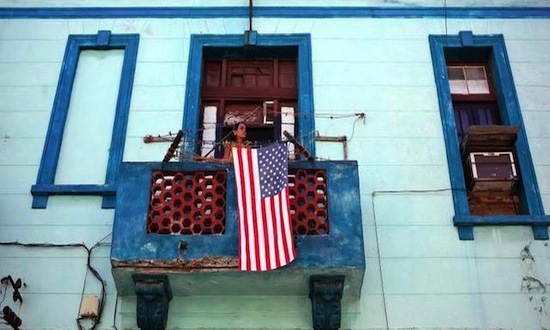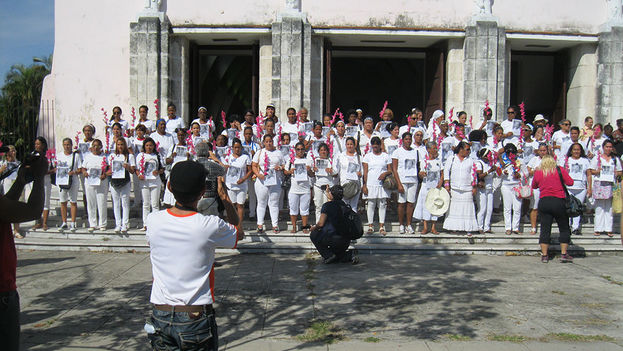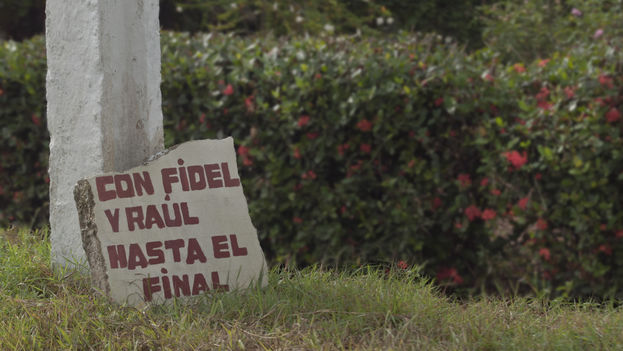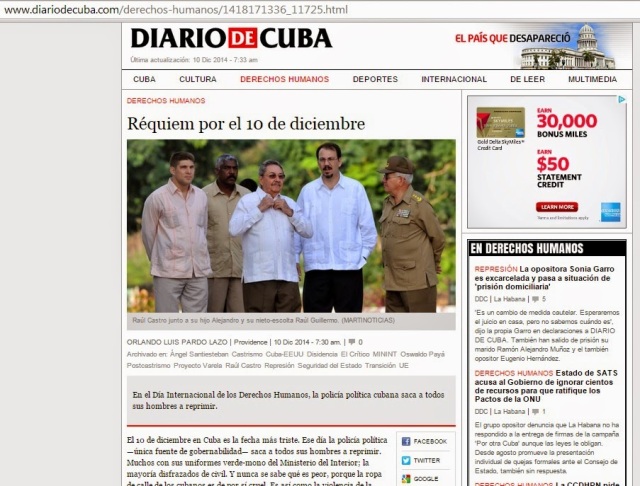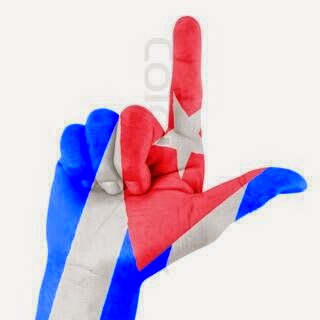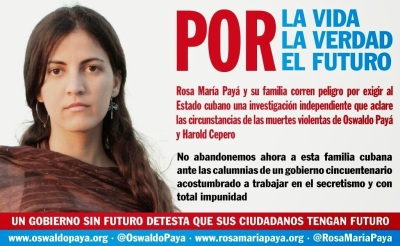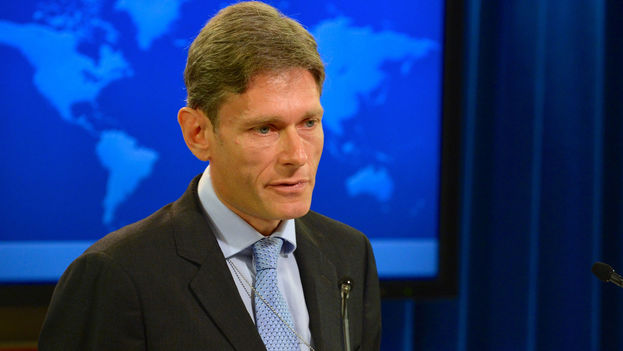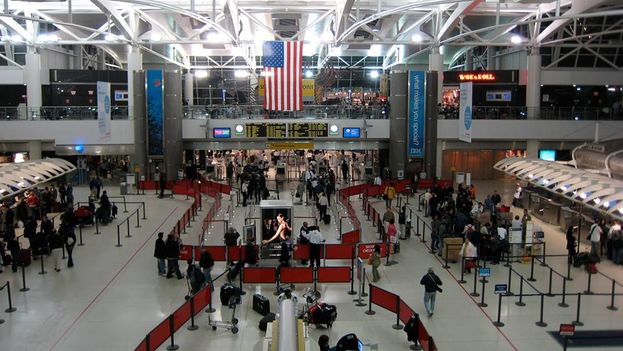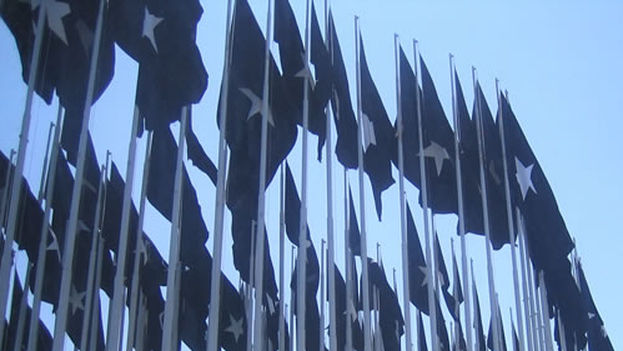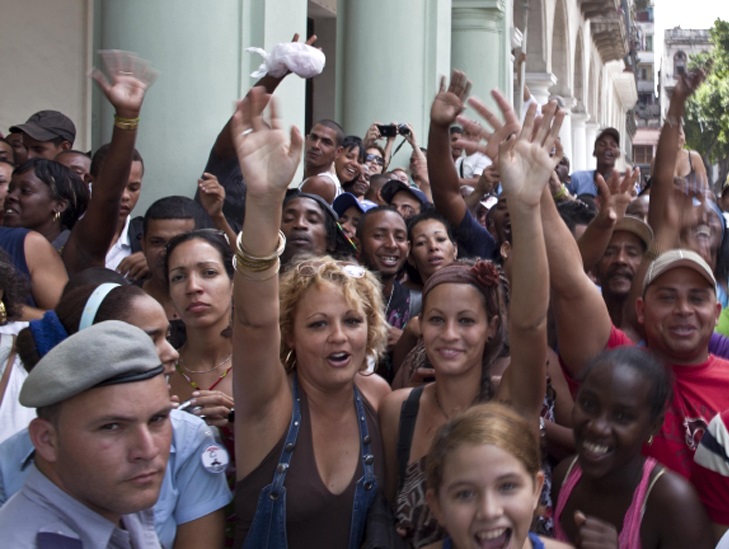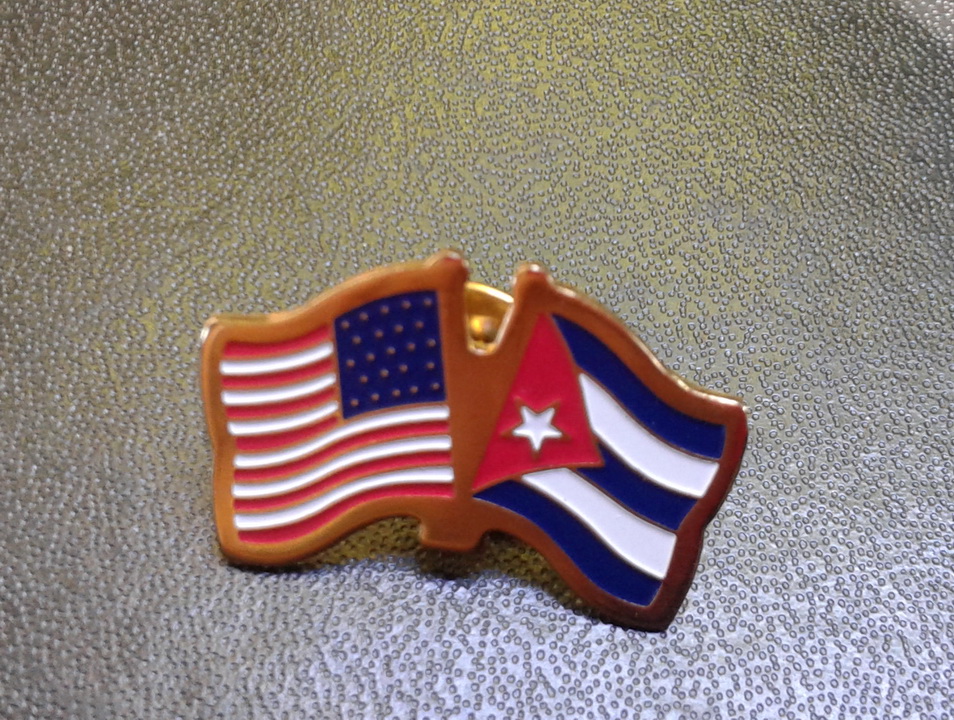14ymedio, Jorge Calaforra, Warsaw, 20 December 2014 – On 17 December 2014 at 12:01 Washington DC time, the President of the United States, Barack Obama, announced the United States’ new policy toward Cuba. It should be recalled that the president of the United States of America makes his decisions taking into account all the interests of that country, not just in the short term but also in the medium- and long-term.
Fidel Castro, with the objective of remaining in power as long as his health allowed, began the absolute destruction in 1959 of all existing institutions in Cuba, all individual freedoms, and at the same time generated a conflict with the United States and brought about the rupture of diplomatic relations and the introduction of the embargo. Previous attempts by the United States to reinitiate diplomatic relations were boycotted and Cuban policies eventually led to the bankruptcy of Cuba and Venezuela.
continue reading
The embargo, initially designed to bring about the collapse of the dictatorship, ended up being just as a medium of exchange during American elections. The lack of information, tools and the impossibility of achieving one’s dreams, led almost all the human capital Cuba possesses to leave the country or to be ready to leave it at the first opportunity that presents itself.
Therefore it is unlikely that a shift toward democracy in Cuba would have occurred with the previous strategy, without a radical change in the strategy of the United States towards Cuba.
The release of Alan Gross, kidnapped after a failed attempt to exchange the five spies for the 75 prisoners of the Black Spring, the release of a Cuban spy very important to the intelligent services of the United States, the release of 53 political prisoners in Cuba, as well as the release of the three spies remaining imprisoned in the United States, were fundamental and nonnegotiable issues for both governments.
For the creators of this strategy there was no better time than today to begin implementing it. The resumption of relations tries to avoid a possible collapse of the country, an uncontrolled situation of domestic violence within Cuba, and a sudden and massive emigration to the United States. President Raul Castro knows that improving the economy is not working and will not work and that the entry of American capital will increase the legitimacy of his heirs, as well as offering the Cuban people what the majority of them really want at this time; more food at a better price and the ability to be closer to their families, between the island and exile.
The resistance of the Cuban people to the update of the socialist economic system, which has not brought them benefits, is demonstrated by an emigration that is accelerating from year-to-year. Raul Castro prefers to sharpen the demographic problems and provide incentives for people to use their talents to improve their lives through independent work. Obama’s plan will try to reverse this flow, that is already exhausting the Florida’s capacity for the absorption of new labor and social support.
The Cuban effort to destroy the Venezuelan economy, by recommending to them that they take the same measures that Cuba took in the 1960s, is finally bearing fruit, and the fall of oil prices, from $107.89 a barrel on average in June 2014 to $55.91 this Wednesday, has led both parties who made the decision this week not to postpone it any longer.
The American decision to reestablish diplomatic relations with Havana and to begin the process that will lead to the end of the embargo in force since 1960 has little to do with Cubans.
It is a geopolitical strategy to try to position themselves as the culturally dominant matrix that absorbs a culturally different circle, the Latin American. To do this, the United States uses its best asset: force and its admirable economic wealth. Force and wealth that it has produced and maintained since it was formed as a nation, because they were able to come together as confederated states and live together with their differences. And to always point to great common objective: prosperity to guarantee opportunities for all Americans.
We Latin Americans, however, despite belonging to the same cultural circle, have not been able to stay united. Since the wars of independence and the division of the continent into twenty republics, we have spent almost two centuries in permanent conflict and cyclical poverty. If we were to identify ourselves as belonging to the same cultural circle, we could develop a strong Latin American industry, the only possible source of a true democracy.
A scenario with members of the current Cuban opposition in power is not an option desired by either of the two governments, and the strategy desired by the Republicans in the United States, to strengthen the embargo and unconditionally support the opposition in overthrowing the Cuban government, can be discarded after its disastrous application in Iraq.
The Cuban government can greatly help to implement the new American strategy in Latin America, and Cuba can benefit hugely if the decisions taken by its Council of State benefit not just its members’ own families, friends and children of friends, but if they begin to make decisions to the benefit of the 13.6 million Cubans. More than two million Cubans live in the United States, which according to the 2010 census had more than 250,000 firms doing more than 51 billion dollars in business, and the talent, creativity and skills of the Cuban labor force will be another cornerstone in this strategy, with an enormous benefit for Cuba and Cubans.
From the point of view of the United States, the forces left to Raul Castro in his remaining two years in power* is an advantage to ensure stability in the country and to take advantage of his influence in the region to build the foundations of a new structure in its relations with Latin America.
The lack of details, and the traditional style of Raul Castro’s speech, broadcast simultaneously with Obama’s on 17 December at noon, should not cause much concern. Fidel Castro has ended his active political life and President Raul Castro’s is coming to an end. On the morning of 9 November 1989, the leaders of the Communist Party of the German Democratic Republic confirmed the support of the German people for the construction of socialism; while that same night the same people joyously celebrated the fall of the Berlin Wall.
From the point of view of the art of negotiation, this decision is fine as it allows Raul Castro to construct an exit strategy, and so avoid the failure that would lead to an extremely dangerous situation for the whole region: a rise in populism financed by Russia or China. This would aggravate Latin America’s problems such as drugs and corruption, bringing as a consequence greater instability in the region and an increase in migration to the United States. In other words, more costs and fewer businesses.
We Cubans must once again build a prosperous and democratic country. But for it to be democratic, we must first and fundamentally modernize its economy, There are no human rights without prosperity. And we must not relegate this responsibility to the government of another country.
Both Raúl Castro and Barack Obama have opened new opportunities, and we will have as much democracy in Cuba as we as a civil society are able to build.
We have had one of the most inhuman governments of all time. The groups close to the current halls of power are not going to disappear, nor will they want to renounce their benefits and Mafia methods, nor their secret tribunals.
But not everyone now participating in the system belongs to these groups. Cuba will be prosperous if we are capable of building institutions for the benefit of all, if we include those with constructive attitudes, creating a state of law, forcing the government to respect human rights, and if we destroy the mafias and the corruption and prevent decisions from being taken without transparency. From within Cuba, and from civil society, organized and with clear objectives.
If we as Cubans know how to take advantage of American money and know-how, we can not only rebuild our country but support a better future for all of Latin America.
If the phrases uttered in speeches (in that of Raul regarding respect for the United Nations, and in that of Obama with regards to human rights) are a reflection of some agreement in the negotiations, then the preconditions exist to improve the conditions of individual freedoms on the island. But we will have rights only to the extent that we are effective in fighting for them, and if we are capable of defending them.
We can devote the entire 24 hours in a day to regretting the past, or to building our future. It we lose ten pesos, somehow it comes back to us. Ten minutes that is lost, is lost irretrievably.
Jorge Calaforra
www.foresightcuba.com
*Translator’s note: Raul Castro has stated that he will step down from the presidency in 2018.

